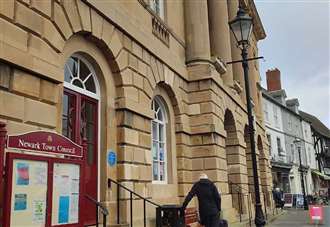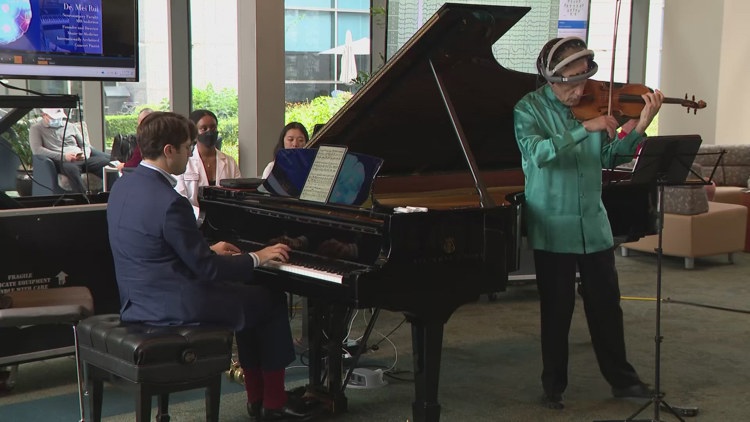Recent research from the MD Anderson Cancer Center highlights the potential of music to promote healing in patients. Utilizing advanced brain mapping techniques, the study investigates how musical interventions may positively influence physical and emotional well-being.
Understanding Music’s Role in Healing
The research, which commenced in early 2023, aims to quantify the effects of music on brain activity. Scientists at the center are conducting comprehensive analyses to determine how different musical elements can impact the brain’s responses. This exploration not only seeks to validate the therapeutic benefits of music but also hopes to integrate these findings into clinical practices.
As part of their methodology, researchers are employing intricate brain wave analysis to monitor patients’ neurological responses to various musical compositions. This innovative approach allows for real-time insights into how music might alleviate symptoms of stress and anxiety, which are common among cancer patients.
According to Dr. William B. K. G. Chen, a leading researcher at MD Anderson, “Music is a very invasive art form that can penetrate our emotional barriers. We believe it has the power to facilitate healing in ways we are just beginning to understand.” This statement underscores a growing recognition of music’s potential beyond mere entertainment, suggesting it could play a significant role in patient care.
Potential Therapeutic Applications
The findings from this ongoing research could have profound implications for treatment protocols in oncology and other medical fields. By demonstrating measurable impacts on brain activity, the study may pave the way for music therapy to become a standardized part of patient care.
Currently, the use of music in therapeutic settings is not universally adopted. However, the results from MD Anderson may encourage healthcare providers to consider music as a viable adjunct to traditional treatments. This could lead to enhanced patient experiences, improved emotional health, and possibly even better clinical outcomes.
As the research progresses, MD Anderson aims to publish its findings in peer-reviewed journals, contributing to the broader discourse on integrative health practices. By bridging the gap between art and science, the center is positioning itself at the forefront of a movement that seeks to redefine healing in contemporary medicine.
In summary, the MD Anderson Cancer Center’s initiative to study music through brain mapping offers a promising glimpse into the future of patient care. As the research unfolds, the potential for music to serve as a healing tool may transform not only individual patient experiences but also the broader landscape of therapeutic interventions.








































































